
Olympics: Hungary is the region's best performing nation
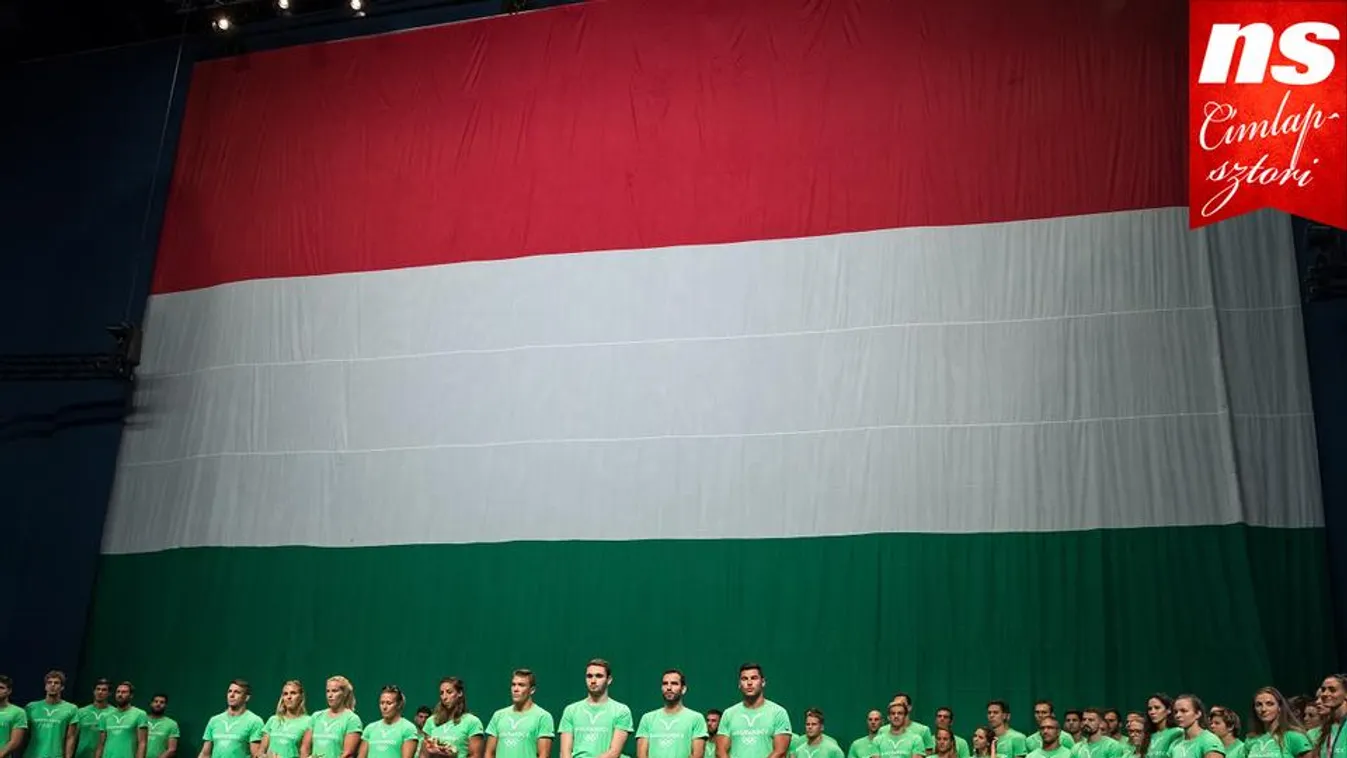
At the Tokyo Games, which ended just over a month ago and was almost canceled, but then delayed by a year due to the coronavirus pandemic, Hungary has once again proved that it is the best performing nation in the region. It finished 15th in the medal table with 6 gold, 7 silver, and 7 bronze medals as well as ten fourth, nine fifth, and three sixth places in Tokyo. The performance of the Hungarian delegation is excellent, especially when compared to the neighboring countries.
Hungary also surpassed Poland (its population is almost four times of Hungary) three times in the last four games – as our second infographic shows. Hungary is indeed a sports nation, since the weaker performance in 2008, Hungary's Olympic achievements show relative stability that also indicates the strength of Hungarian sport and which the neighbors look at enviously. Serbia and Croatia have said this, and, even if only implicitly, other nations in the region are also exemplifying Hungarians.
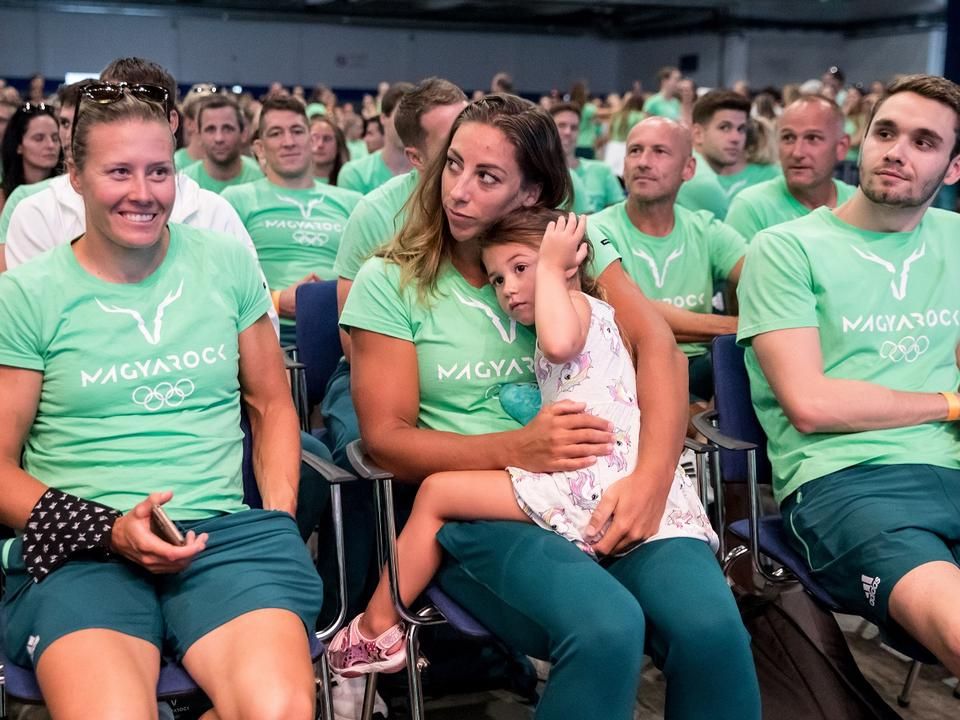
Serbia: Šurda is also summoned by the water polo players
| We could be delighted with the twenty Hungarian medals earned at the Tokyo Olympics. It's more than at any time since the 21 medals at the 1996 Atlanta Olympics. But more importantly, with the six gold medals Hungary won, they surpassed Finland for a few days in terms of Olympic wins per million people. However, on August 5 and 6, two runners from the Bahamas, Steven Gardiner in the men's and Shaunae Miller-Uibo in the women's category, finished first in the 400 meters, winning the seventh and eighth Summer Olympic gold of the country of just 389,482 people. Thus, the Bahamas took the lead from Hungary, which is still the best European country with 18.7 gold medals per million people. Finland is third, Bermuda is fourth, and Sweden is fifth. |
The Serbian Olympic team took seriously the tip of US news agency AP, which predicted nine medals for them, as they won exactly that many (3–1–5) in Tokyo. However, they went beyond AP's prediction because there were actually three golds, instead of the predicted two. In addition to the defending champion men's water polo players that won in 2016 as well, taekwondo athlete Milica Mandić and karateka Jovana Preković stood on the top of the podium.
At the same time, the semifinal defeat of Novak Djokovic caused anger to some. He was put down as a gold medalist at the Olympics, but the world number one, who has won three Grand Slam tournaments so far this year, did not even get the bronze medal, which not many people thought of. The losing match for third place was quite a hit for Djokovic, who immediately indicated that he would not play in mixed doubles in the semifinals. This move even angered the desperate fans as it was a very unsportsmanlike move against his partner, Nina Stoyanović.
Instead of Djokovic, the men's water polo players became the stars of the Serbian Olympic delegation: before the tournament, six players – Stefan Mitrović, Filip Filipović, Andrija Prlainović, Duško and Pijetlović, and Milan Aleksić – were also known to be in the national team for the last time. This, in turn, unleashed energy in the players that even they might not have expected, making the farewell unforgettable with another gold medal. The most touching moment was when, at the end of the press conference in Belgrade, under the leadership of Stefan Mitrović, the team sang the theme song of the comedy series Hot Wind, "A sad adio” (And Now Goodbye). It was heartbreaking to see that the great warriors, such as the best player of the tournament Filip Filipović burst into tears, and the way coach Dejan Savić buried his face in the palm of his hand. Šurda was no bigger hero than them.
"If we look at the number of medals, we were tied for fourth in the region in London. But in Tokyo, we were only overtaken by Hungary," said President Aleksandar Vučić of Serbia, who added that Hungary is a true sports nation that spends a lot of money on infrastructure, and Serbia will also try to follow this path.
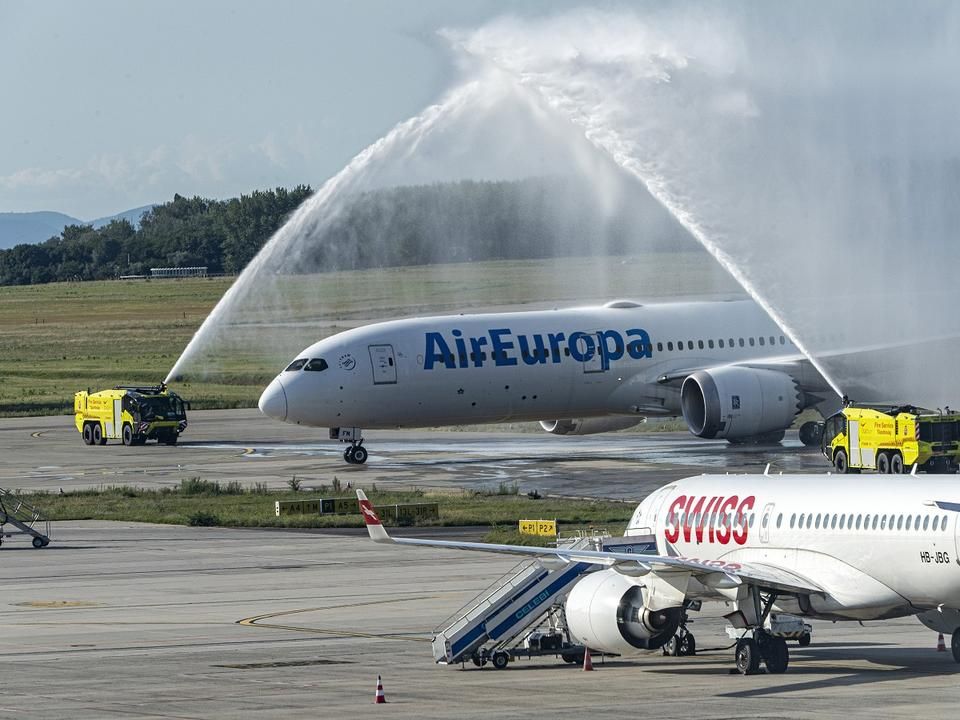
Croatia: disappointment in team sports
| Since the Beijing Games, the Hungarian delegation has performed well, although, there were some dissatisfied opinions after Rio... The Olympic performance in Tokyo has exceeded expectations, and as they say in sports language: the balls bounced inwards from the goalposts. I am very happy with these "balls," but lessons have to be learned from this good performance as well because there is room for improvement. To perform in the same way in Paris, a lot of work still needs to be done. It will certainly be difficult to replace the retirees, legendary competitors such as László Cseh or Tamás Lőrincz, while we are also confident that the older athletes, such as Ádám Marosi, will be able to perform at a similar level. The generational change needs to be implemented fairly quickly because qualifying tournaments are about to begin. This year, we competed in twenty-eight disciplines of twenty-three sports, but there were six or eight sports in which only one competitor represented Hungary. Serbia and Poland are strong in team sports, but we shall compare ourselves to ourselves! I believe that this trend can be maintained in the next period as well. Hungary is a talented nation; we are among the best in sports, and the medal tables represent it well. But there are shortcomings to be watched for; we must not let good results make us pretentious. I would not evaluate Romania's performance because the past year and a half have been hectic in the world due to the coronavirus. We had better opportunities to train, to prepare; our athletes were vaccinated in time, and the facilities were open at the right time. In Europe, perhaps we had the best conditions. |
Croatia has participated in the Games with the smallest number of Olympic athletes (60) since 1992, and won 3 gold, 3 silver, and 2 bronze medals, a total of eight podium finishes, finishing 26th on the medal table.
Zlatko Mateša, president of the Croatian Olympic Committee, must have been nervous before the Olympic Games as one of his compatriots was quarantined in the men's slalom canoe just before the start. However, the Martin Sinković-Valent Sinković pair in rowing and Matea Jelić in taekwondo won gold. In addition, the Olympic success of Nikola Mektić and Mate Pavić who had won the doubles in Wimbledon weeks earlier is considered a historic win in Croatia.
At the same time, Croatia that competed in 15 sports is saddened that their performance in team sports was a disaster, and they didn't win a single medal. Coach pope Ratko Rudić, who is the head coach of the water polo players, was not dissatisfied with their fifth place. He also specifically mentioned the sports culture of the Hungarians, saying, with noble simplicity, that he admired it.
Croatia won 10 medals in Rio in 2016, but there is now a generational shift in several sports, especially in team sports, and they hope that by Paris 2024, the trio of handball, basketball, and water polo will be able to fight for medals again. The state needs to change its approach to raising awareness of the importance of sports at school – several commentaries state.
Slovenia: Every medal is an experience
For example, Slovenia welcomed the Olympics with Tour de France winner Tadej Pogačar. Then, Primož Roglič won the gold so important to them in cycling, but not in the road race, but in the individual time trial. Slalom canoeist Benjamin Savšek and women's sport climber Janja Garnbret also brought home the brightest medal. The five medals won overall were enough for 31st place on the medal table. The men's basketball team also traveled to Japan as potential medalists, but one of the tournament's biggest stars, NBA forward of Dallas Mavericks Luka Dončić, was able to lead the team to fourth place “only” in a way that the basketball players of the state of two million people lost to France by a single point in the semifinals... However, Slovenia is aware of its place in the sports world, so every medal is an experience at the Summer Olympics.
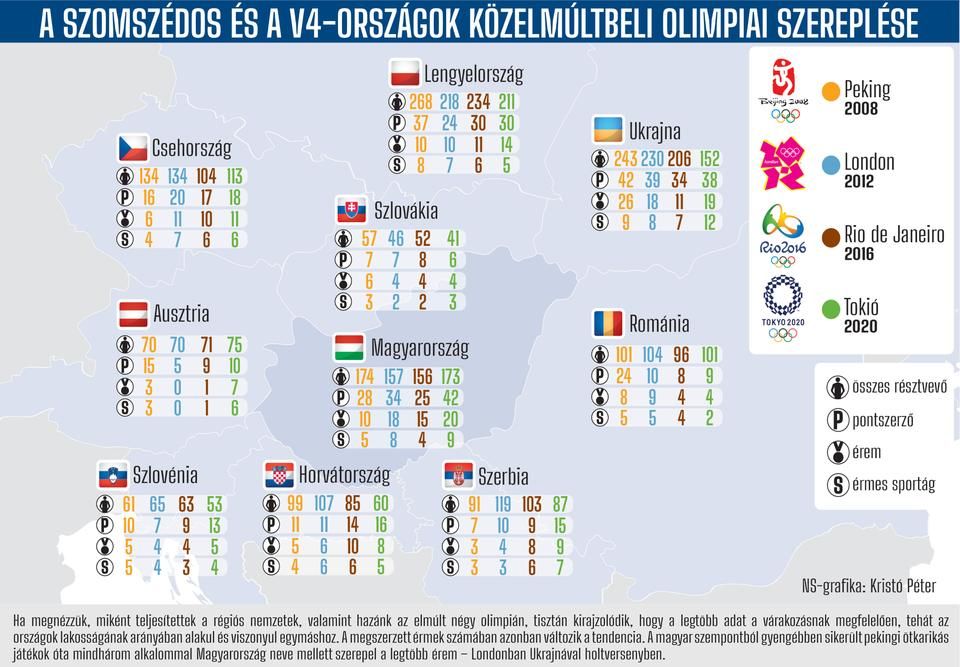
Slovakia: Prominent adventurers
| Hungary won seven gold, five silver, and four bronze medals at the Tokyo Paralympics, which has been the most successful performance in the tournament since 1984. This time, Hungary finished 18th on the medal table. Hungary has also excelled compared to the surrounding countries, of which only Poland was able to finish ahead of them, although only by one position (17th). Their athletes only outdid Hungary in the number of silvers and bronzes, with a total of nine medals. Slovakia was the closest behind Hungary in the table finishing 26th with five golds and 11 medals. Followed by a gap, the Czech Republic finished in 44th place with two golds and a total of eight podium finishes. Serbia ranked 45th with six medals, Austria positioned in 49th place with nine medallions, Croatia is 65th in line with seven medals, while both Romania and Slovenia finished in 71st place with two medals each. One of the two Romanian medals was awarded to Eduárd Novák, the Romanian Sports Minister born in Miercurea Ciuc, who is still Romania's only Paralympic champion. The 45-year-old politician-athlete finished second in the 4000m pursuit in para-cycling. |
Slovakia won four medals at the Tokyo Games, just like five years ago in Rio. However, 41 athletes, ten less than in 2016, made up the delegation in Japan, which is a historic low.
Zuzana Rehák-Štefečeková won gold in sports shooting, slalom canoeist Jakub Grigar and Roy Sabbatini, a golfer who became a Slovak citizen two years ago, finished second. The men's K-4 won the bronze medal.
Anton Siekel, president of the Slovak Olympic Committee, was pleased with the results: "There were athletes who fell short of expectations, but I liked that no one looked for excuses. Instead, they looked into the future."
One of the biggest disappointments for Slovakia was in athletics. In 2016, Matej Tóth became an Olympic champion in the 50 km race walk, and Marcel Lomnický finished fifth in hammer throw. Now, however, the best result was achieved by the aforementioned Tóth (14th place) and Emma Zapletalová in 400m hurdles (15th place), which is far from the same level...
Slovakia's next big concern is the generational change. There are two exceptions where there are many talented young people – in canoe and slalom canoe. The head coach of the athletics team, who has been harshly criticizing the authorities, says that it's time for the right people to start managing sports after 30 years...
"There are always some adventurers who are the smartest and know everything: this is probably the reason why Slovak sport has been falling into the abyss for three decades," said Martin Pupis. "There are a lot of sports-related campaign films running, but it seems that the authorities have forgotten that elite sports require mainly sports facilities and not PR and marketing. It's not worth anything if there's no one to send to the Olympics.”
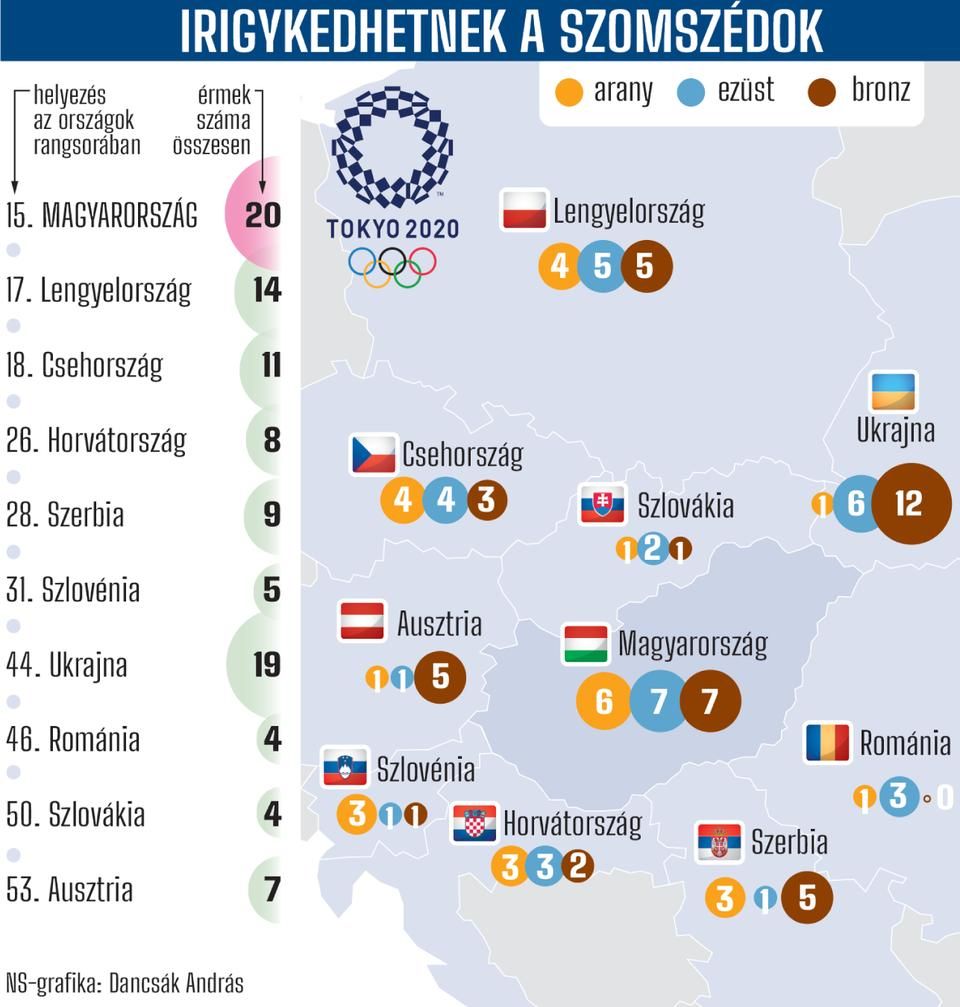
Compilation by: Zoltán Fazekas, Miklós Boros, Tibor Duducz, László Polgár, János Tőke
| "We have stopped the deterioration," said Mihai Covaliu, president of the Romanian Olympic and Sports Committee (COSR), after the 101-member Romanian delegation won four medals, including one gold, in Tokyo, just like in Rio. In total, four golds have been won at the last three Games, for which professionals and sports leaders are unanimously responsible for the ever-declining funding of sports. In the government that changes frequently, the Ministry of Youth and Sports is an ungrateful and unpopular position, and in this Olympic cycle, Károly Eduárd Novák of Miercuera Ciuc is the sixth ministerial leader. The relationship between the Ministry of Sports, COSR, which carries out professional supervision, and the federations distributing grants is also unclear. The sports organizations promised unfulfillable goals in the hope of the most funding; however, only the rowers (one gold and two silver medals) performed better than their own expectations. The fencers fulfilled their promise with the second place of veteran épée fencer Ana Maria Popescu, but the other sports won nothing. The number of 100+ athletes was only reached because of the football team, into which the clubs, expect for Farul based at the Hagi Academy, did not let the best players of the age group play. Previous Romanian success sports such as gymnastics, athletics, and wrestling have already had problems qualifying, and the most successful Romanian athletes of the past decade, the women's tennis players, have canceled their appearances due to injury. The only glimmer of hope was the fourth and seventh place of 16-year-old freestyle swimmer David Popovici, although in the weeks leading up to the Olympics, the Bucharest press was already expecting medals from the world youth record holder in his first adult world competition... COSR's president, on the other hand, promises progress for the 2024 Paris Games, and the Romanian government has announced that it will double the reward for the Tokyo medalists: gold and silver medalists will receive €140,000 and €112,000, respectively. In addition, President Klaus Iohannis presented state awards to the Olympians who finished on the podium, while COSR rewards successful players with a car. |


Sokáig vezetett a Honvéd, de nem bírta ki a hajrát, a Kisvárda otthon tartott egy pontot

Teljesen váratlanul előkerült Andrei Mangra barátnője, ezt üzente

Kimozdult a patthelyzetből a donyecki frontvonal

Egy országot döbbentett meg Kucsera Gábor és Stana Alexandra: még visszatérhetnek

Hanzel Henrik Vogel Evelinnek: „Hozzád nyúlt a Péter?” „Fizikálisan bántott téged?” + hangfelvétel

Nemes gesztus! Modric elküldte az Aranylabdáját fejsérülést szenvedő honfitársának

Függősége miatt lehet veszélyben a Megasztár énekesének karrierje

Szavazzon a XX. század legszebb magyar góljára!

Méltó emlék a legismertebb magyarnak

Keddi sportműsor: folytatódik a Bajnokok Ligája


